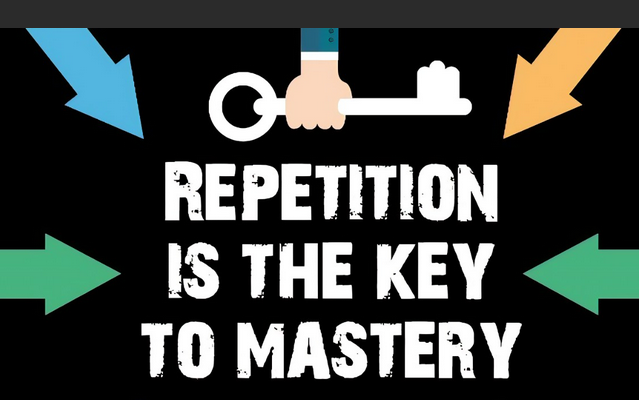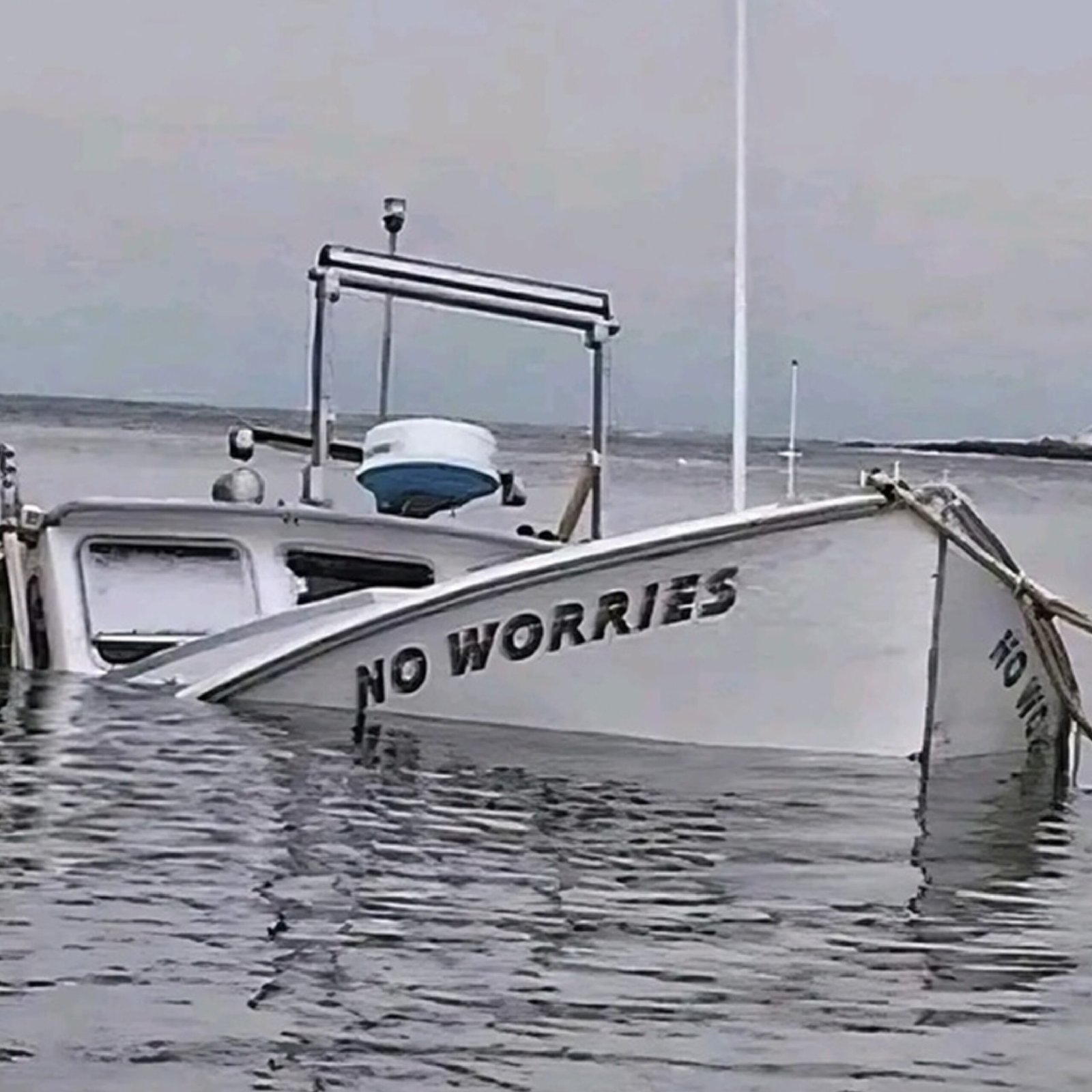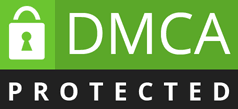Lifelong learning is especially important for retirees, as it keeps the mind sharp, provides a sense of purpose, and opens up new opportunities for personal growth and social interaction. Lifelong learning is such a rewarding journey. As a retiree, you have the perfect opportunity to explore new interests and deepen your knowledge in areas you’re passionate about.
Here are a few ideas and tips on how to embrace lifelong learning and the art of learning how to learn:
Benefits of Lifelong Learning

Mental Stimulation refers to activities or experiences that engage the brain and promote cognitive function. It involves challenging the mind with tasks that require thinking, problem-solving, learning, and creativity. This keeps the brain active and can enhance memory, concentration, and overall mental agility.
Read More Mental Well-Being

Learning New Skills

Learning new skills involves acquiring knowledge or abilities in a particular area that you were previously unfamiliar with. This process requires active engagement and practice and often involves stepping out of your comfort zone to master something new.
Read More Wingspan and Lifespan- A Perspective for Saddlebrooke/Ranch Retirees
“The important thing is not to stop questioning. Curiosity has its own reason for existing.”
– Albert Einstein

Curiosity and Motivation: The desire to learn and the intrinsic motivation to improve or gain new competencies are essential starting points.
“Practice isn’t the thing you do once you’re good. It’s the thing you do that makes you good.”
– Malcolm Gladwell

Practice and Repetition: Repeated practice and application of new knowledge or techniques help reinforce learning and build proficiency.
“Feedback is a gift. Ideas are the currency of our next success.””
– Jim Trinka and Les Wallace
Feedback and Reflection: Receiving constructive feedback and reflecting on your performance can guide improvement and deepen understanding.
“Adaptability is about the powerful difference between adapting to cope and adapting to win.”
– Max McKeown
Adaptability: Being open to adapting your approach based on what you learn along the way can enhance the learning process.
“Utilize all your resources wisely and effectively to achieve your goals.”
– Unknown
Resource Utilization: Using various resources such as books, online courses, mentors, and hands-on experiences can provide diverse perspectives and insights.
Benefits refer to positive outcomes, advantages, or gains that result from a particular action, decision, or situation. These can be tangible or intangible and can impact various aspects of life, including physical, mental, emotional, or social well-being.
Acquiring new skills can lead to personal and professional growth, enhance problem-solving abilities, and increase adaptability in changing environments. It also fosters a sense of achievement and boosts confidence.
Read More Reduced Stress in Retirement
Learning new skills involves acquiring knowledge or abilities in a particular area that you were previously unfamiliar with. This process requires active engagement and practice and often involves stepping out of your comfort zone to master something new. Acquiring new skills can lead to personal and professional growth, enhance problem-solving abilities, and increase adaptability in changing environments. It also fosters a sense of achievement and boosts confidence. Engaging in activities that involve learning, such as picking up a new language, playing a musical instrument, or taking up a new hobby, can stimulate the brain.
Puzzles and Games are structured activities that challenge the brain by requiring problem-solving, strategic thinking, and mental agility. They can be in various forms, including physical, digital, and tabletop, and are designed to be engaging and entertaining while promoting cognitive skills. Puzzles and games are a fun and effective way to keep the brain engaged and sharp.
Reading and Writing:
“A reader lives a thousand lives before he dies. The man who never reads lives only one.”
– George R.R. Martin
Reading: The process of interpreting and understanding written language. It involves recognizing symbols (letters and words) and comprehending their meanings. This skill allows individuals to absorb information, enjoy stories, and gain knowledge from various written sources such as books, articles, and digital content. Reading comprehension involves decoding words, understanding context, and interpreting the author’s message.
“You can make anything by writing.”
– C.S. Lewis
Writing: This skill enables individuals to express themselves, share information, and communicate effectively with others. Writing can take many forms, including essays, reports, stories, emails, and notes. Good writing involves clarity, coherence, and proper grammar. The act of producing text to communicate ideas, thoughts, or information. It involves forming letters and words to create meaningful sentences and paragraphs. This skill enables individuals to express themselves, share information, and communicate effectively with others.
“Criticism, like rain, should be gentle enough to nourish a man’s growth without destroying his roots.”
– Frank A. Clark
Benefits of Reading and Writing:
“A mind that is stretched by a new experience can never go back to its old dimensions.”
– Oliver Wendell Holmes
Cognitive Stimulation refers to activities that are designed to engage and challenge the brain. These activities are aimed at improving mental functions such as memory, attention, problem-solving, and critical thinking. Regular cognitive stimulation is believed to be beneficial for maintaining and improving cognitive health, particularly as we age. It can help keep the mind sharp and may reduce the risk of cognitive decline. Both activities engage the brain, promoting mental agility and enhancing cognitive functions. Knowledge acquisition is a continuous process that contributes to personal and professional growth. It allows individuals to stay informed, develop new skills, and adapt to changing environments.
“Learning never exhausts the mind.”
– Leonardo da Vinci
Knowledge acquisition is the process through which an individual or system gains new information, skills, or understanding. It encompasses a range of activities and methods that enable one to learn and retain knowledge is the process of obtaining and learning new information or skills. This involves various methods and activities that enable an individual to gather, understand, and retain knowledge. Reading provides access to a vast array of information, expanding one’s knowledge and understanding of the world.
“Creativity is the power to connect the seemingly unconnected.”
– William Plomer
Creativity refers to the ability to generate, develop, and express original ideas or concepts. It’s about thinking outside the box and coming up with innovative solutions or artistic expressions. Creativity can be applied in countless areas, from arts and sciences to everyday problem-solving. It’s a valuable skill that enhances personal and professional growth and adds richness to life. Writing encourages creative thinking and self-expression, allowing individuals to craft stories, poems, and other imaginative works.
“Communication – the human connection – is the key to personal and career success.”
– Paul J. Meyer
Communication skills are the abilities and techniques used to convey information effectively. These skills are essential for interacting with others, both in personal and professional settings. Both skills are essential for effective communication in personal, academic, and professional settings. Strong communication skills are vital for successful interactions and can greatly enhance both personal and professional relationships.
Read More Mental Health and Retirement
“Emotional well-being is a skill. And like any skill, it can be cultivated and developed.”
– Dalai Lama
Emotional Well-being refers to the state of being emotionally healthy, balanced, and resilient. It encompasses how individuals feel about themselves and their ability to manage and navigate life’s challenges. Emotional well-being is crucial for overall mental health and quality of life. It allows individuals to cope with stress, build positive relationships, and achieve personal goals.
Engaging regularly in reading and writing can significantly enrich one’s life. Reading books, articles, or even writing stories and essays can expand knowledge, improve vocabulary, and enhance cognitive abilities. Engaging in meaningful conversations, debates, and social activities can stimulate the brain and improve mental health. Artistic activities such as painting, drawing, or crafting can stimulate different parts of the brain and promote innovative thinking. Physical activity increases blood flow to the brain and can improve cognitive function. Activities like yoga and dance also combine physical movement with mental focus. Reading can be a source of relaxation and escape, while writing can be therapeutic and help process emotions.
Benefits: Regular mental stimulation can help maintain cognitive function, reduce the risk of cognitive decline, and improve overall mental well-being. It can also lead to a sense of accomplishment, boost self-esteem, and enhance quality of life.
Read More WHAT IS THE KEY TO A FULFILLING RETIRED LIFE?
Engaging in new activities and learning can help keep the brain active and improve cognitive function. Joining classes, clubs, or groups can help you meet new people and build meaningful relationships. Exploring new interests and hobbies can bring joy and a sense of accomplishment. Staying mentally active can contribute to overall well-being and may even have positive effects on physical health.
In closing, remember learning is a lifelong journey. Embrace the process and enjoy the discoveries along the way! Embracing a mindset of continuous learning opens up endless possibilities for personal and professional growth. Remember, every step in the learning journey, no matter how small, is a step towards growth and self-improvement. Enjoy the process and celebrate your discoveries along the way!





